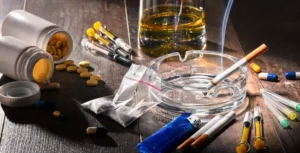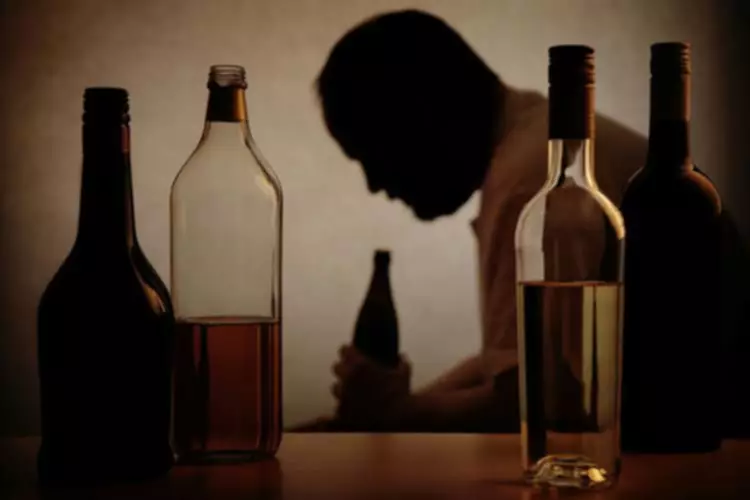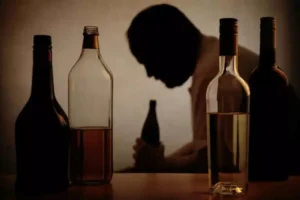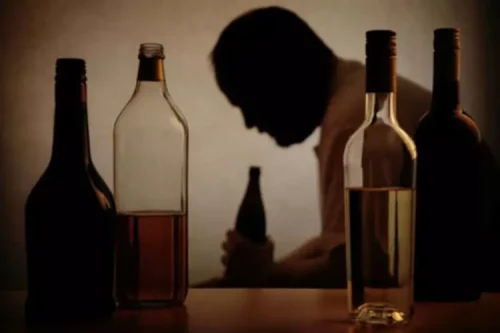
Proven effective by third-party studies, TIPS is a skills-based training program that is designed to prevent intoxication, underage drinking, and drunk driving. While the consequences are fines or firings more often than jail time, it’s a real risk in today’s world. If you drink one or fewer alcoholic drinks each hour, you are either sober or barely inebriated. A BAC of over 0.31% puts your life at risk as the level of alcohol in your bloodstream starts affecting your breathing, heart rate, and consciousness. Individuals are likely to display confusion, inability to walk, vomiting, and difficulty remaining conscious, all of which should be taken seriously as signs of extreme intoxication. A majority of adults in the U.S. drink alcohol, and while most consume it moderately, overindulgence is always a drug addiction treatment risk.
The Five Stages of Intoxication
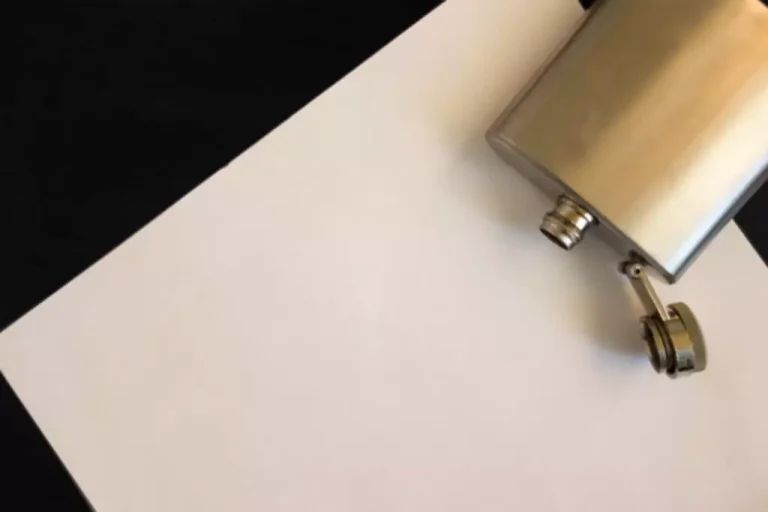
These treatments can include individual counseling, group therapy, and support groups like Alcoholics Anonymous (AA). alcohol intoxication This phase emphasizes rebuilding life skills, coping strategies, and understanding triggers to reduce the risk of relapse. Recovery from alcohol use disorder (AUD) begins with detoxification, a critical first step that removes alcohol from the body safely. During detox, individuals may experience withdrawal symptoms such as anxiety, confusion, or tremors, making medical supervision essential.
Stage 6: Coma
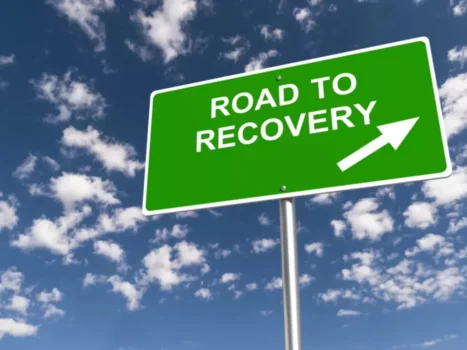
Instead, those who have bipolar disorder are more susceptible to developing alcoholism. A person with a BAC between 0.18% to 0.30% is in the confusion stage of intoxication. This stage is marked by disorientation, confusion, and extreme moodiness, along with the impairments of previous stages. A person at this stage will exhibit symptoms of intoxication that will be glaringly obvious to others. If the negative consequences of drinking are affecting your life, there is hope and help available.

Resources and Support Systems
- Dealing with stressful days becomes more challenging, and minor issues become tremendous mental obstacles.
- Someone in this stage usually needs immediate medical help to survive.
- As alcohol consumption continues, individuals enter the stage of euphoria, characterized by a BAC of approximately 0.03% to 0.12%.
- Each of those cases is characterized by specific symptoms and levels of impairment.
They can therefore anticipate a more promising future devoid of booze. Acknowledging your alcohol problem is the first stage toward wellness. It would be best to have medical care, treatment, and encouraging people.
It’s called social host liability, but even in jurisdictions that don’t have it, legal cases can also be brought against social hosts under negligence laws. A person is in danger of going into a coma at BACs between 0.35% and 0.45% because their body functions have slowed down significantly. You’ll notice that sex/gender isn’t on that list, but due to differences in body size, composition, and hormones, women often have a faster intoxication rate than men. Support groups such as Alcoholics Anonymous (AA) and Self-Management And Recovery Training (SMART) are open to anyone with a substance use disorder. PHPs accept new https://ecosoberhouse.com/ patients as well as people who have completed an inpatient program of 1 to 2 weeks but still need focused recovery care. Most programs help set up your aftercare once you complete the inpatient portion of your treatment.
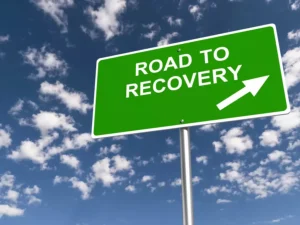
How Much Is Too Much Alcohol?
By U.S. standards, a standard drink is 12 ounces of 5% alcohol by volume (ABV) beer, 1 ounce of 40% ABV spirits, or 5 ounces of 12% ABV wine. Although the idea of getting drunk may sound exciting, a reduction in your physical and mental abilities can lead to risky behaviors and injury to yourself or others. What people may experience at different BAC levels can vary but here are some key points to know about the different stages of intoxication. In the middle stage, the consequences of alcohol use spill over into everyday life.
- A person is sober or low-level intoxicated if they have consumed one or fewer alcoholic drinks per hour.
- In this situation, the BAC is 0.03 – 0.05%, the person cannot be diagnosed as drunk, and the person has no symptoms.
- It’s essential to be aware of these stages, as they can help gauge how intoxicated you or someone else may be.
- In the middle stage, the consequences of alcohol use spill over into everyday life.
- The condition is usually linked to drinking too many alcohol beverages.
- These are only a few factors that can impact how an individual is affected by alcohol.
- Even with these averages, however, there will always be variations in different experiences and individuals.
- Alcohol use disorder (AUD) follows a systematic progression through distinct stages, each with its own characteristics and consequences.
- After an episode of alcohol intoxication, it takes time to recover.
- Unlike food, which can take hours to digest, the body absorbs alcohol quickly — long before most other nutrients.
- Most people cannot maintain their essential bodily functions at this point.
- Their movements are even more impaired as they become more prone to dizziness and falls.
- There are various stages of intoxication that can be experienced while drinking alcohol.
The ability to spot these signs can help you prevent overserving — and can help you avoid potentially harmful, and even fatal, situations. Kelly brings empathy to an underserved population and her clients share that they feel listened to without judgement. There are six stages of alcohol intoxication, and specific symptoms characterize each stage.
- By the time you’re seeing these symptoms, it’s time to ask how to help the intoxicated person.
- People who are left to “sleep it off” may end up experiencing hazardously slowed breathing or complete respiratory arrest, or they may aspirate on their own vomit.
- Reactions to alcohol will vary by weight, age, sex, rate of consumption, overall health, amount of alcohol used, and amount of food in the stomach.
- A person with alcohol poisoning who has passed out or can’t wake up could die.
- Intoxicated individuals in the stupor phase should be rolled on their side to prevent the aspiration of vomit and monitored closely for signs of respiratory distress.
What are the Symptoms of Alcohol Intoxication?
Although different resources will vary, most will tell us that there are six to seven stages of intoxication experienced by most people. These stages progress based on Blood Alcohol Content (BAC), so people progress through them as they have more to drink. As people drink more, they begin to have more pronounced impairment in their balance, coordination, speech, and attention. When a person has had quite a bit to drink, they may experience lapses in judgment or heightened emotional intensity. Any of these symptoms are signs that immediate medical attention is necessary. At this stage, a person’s BAC will range from 0.25 to 0.4 percent.


